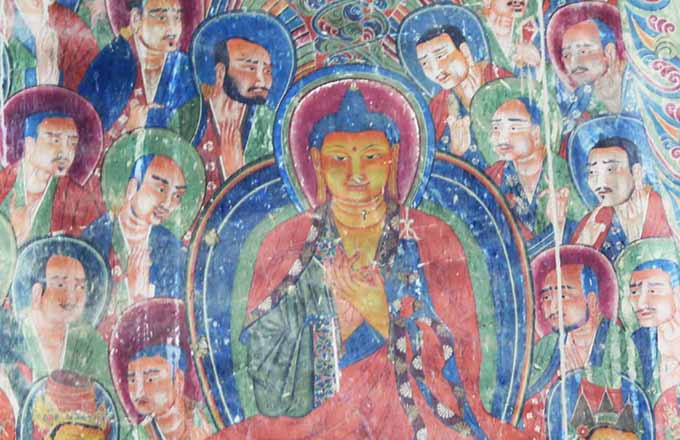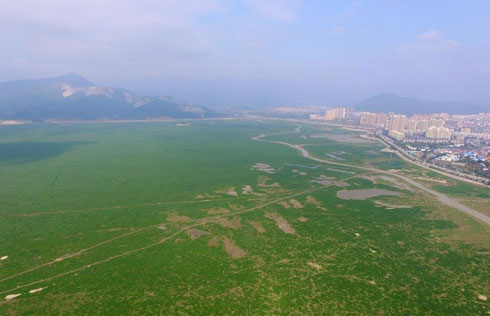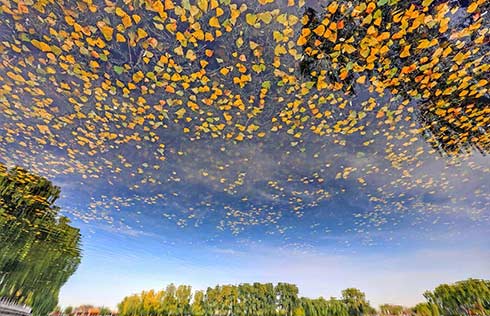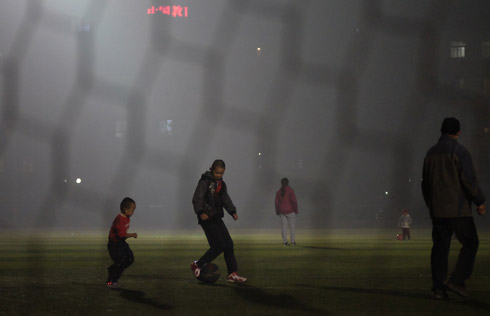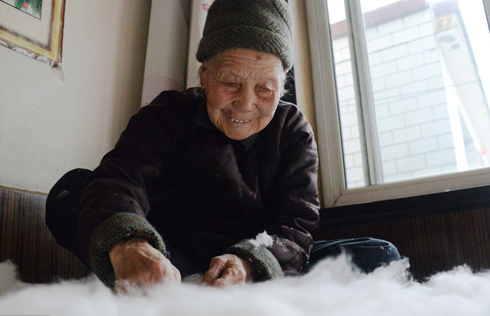Fake-mutton scandal slows meat sales in NE China
Market traders and restaurants in Northeast China have seen sales slump after a meatpacking factory was found using cheap duck meat and additives to replicate mutton and beef slices.
Police seized more than 50 metric tons of products at Shengtai Meat Processing Plant in Liaoning province's Liaoyang county, the Ministry of Public Security said on Sunday.
The products were made from duck meat steeped in mutton fat and other additives, in order to lower production costs, according to a statement posted on the ministry's website.
Samples of the tainted meat products were found to contain excessive levels of nitrite, the statement said.
The amount of sodium nitrite, which is a major ingredient in nitrite, in the tainted products was 8.69 grams per kilogram, far exceeding the national standard for fresh and frozen meat, Beijing Times reported on Monday.
For adults, ingesting 3 grams of sodium nitrite can kill, the report said.
The factory had sold some of its fake meat products to small restaurants in the area. So far, police have recovered most of the products, the ministry said.
Thirty-four people have been detained, the ministry said.
The factory has been closed and the county authorities will cancel its business license, according to Yu Shaoming, head of Liaoyang's information office.
"The factory has a legitimate license, but they do underground production. They are very cunning," he said.
"We have gone to the factory many times during the past two months but didn't find any violations."
A worker at the plant who did not want to be identified said it halted production about a week ago. Police have blocked entry to the plant.
It should be the best season for selling meat slices, as people in Northeast China like eating hotpot during the four-month winter.
However, Huang Xinghua's business has dropped sharply in the past two days.
"I used to sell 50 kg of mutton slices a day but I've only sold about 20 kg today," said the market trader.
Li Chenquan, who runs a hotpot restaurant in Shenyang, said he knew that most of the sliced mutton used in the industry was not real mutton.
"It's a well-known secret in the industry. Real mutton is too expensive. We can't earn money if we use genuine meat," said Li, who has lost around 20 percent of his customers since the scandal broke.
As of Monday, provincial authorities had received no reports of people being poisoned by the fake meat.
"It is unlikely that these tainted meat products have found their way to Beijing since the city's major suppliers of mutton and beef are in Shanxi, Shandong, and Inner Mongolia," said Liu Tong, director of statistics at Xinfadi, a major wholesale center for agricultural produce in Beijing.
Hou Shuisheng, an animal nutrition professor with the Chinese Academy of Agricultural Sciences, said it is not easy for consumers to recognize fake meat products when duck meat is processed in such a way.
"There is no obvious difference between duck, mutton and beef in their appearance. With the use of mutton fat, they taste almost the same," he said.
At present, nitrite can be used as a food additive in meat processing as a preservative. "But since the chemical may cause cancer, there should be stricter government supervision of its use," he said.
Contact the writers at liuce@chinadaily.com.cn and jinzhu@chinadaily.com.cn
Han Junhong in Changchun contributed to this story.
Related:
- Cheap meat being passed off as mutton, beef
- Bilingual:10m beefburgers recalled: Supermarkets clear shelves over horse meat fears
- 10m beefburgers recalled over horse meat fears
- Fast-food supplier cleared of 'sick' chickens
- Investigation finds no sick chicken processed into food
- Sick fowl sold as food: report




